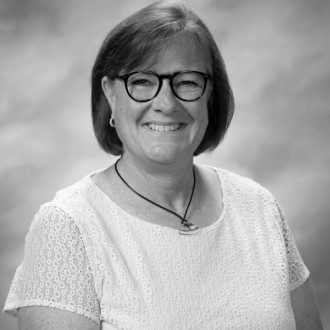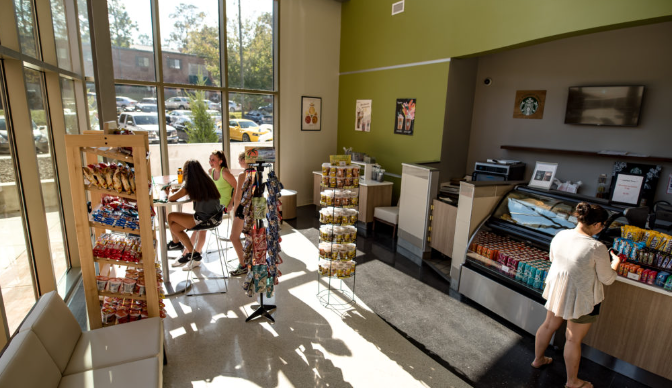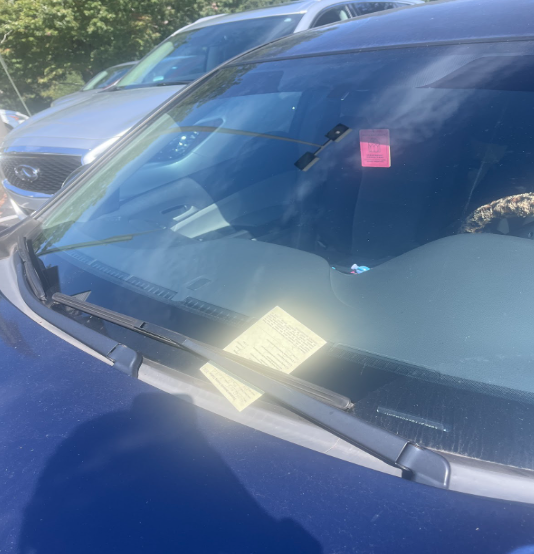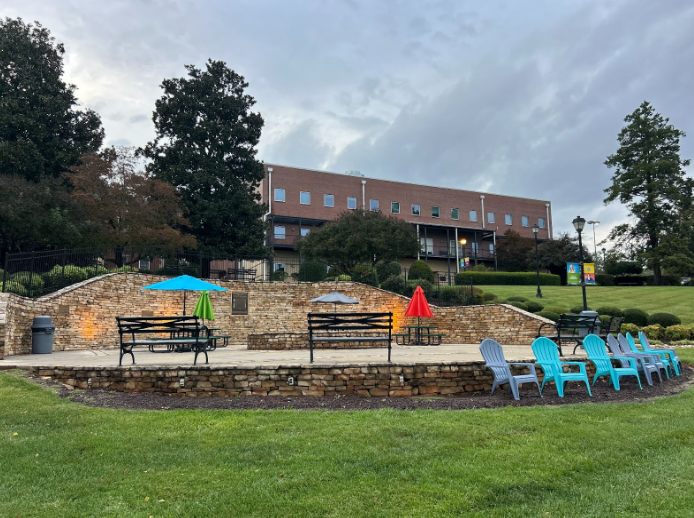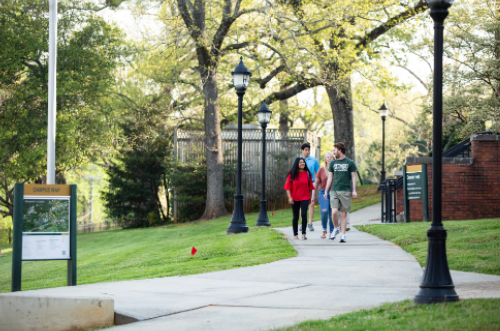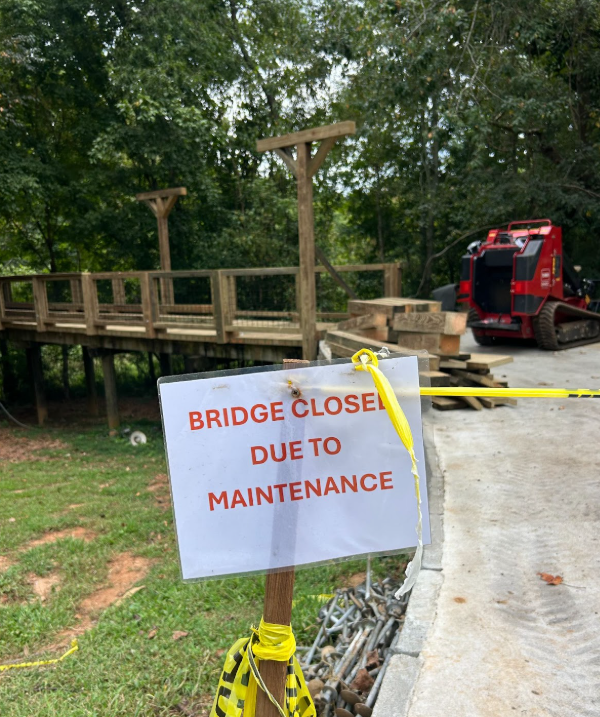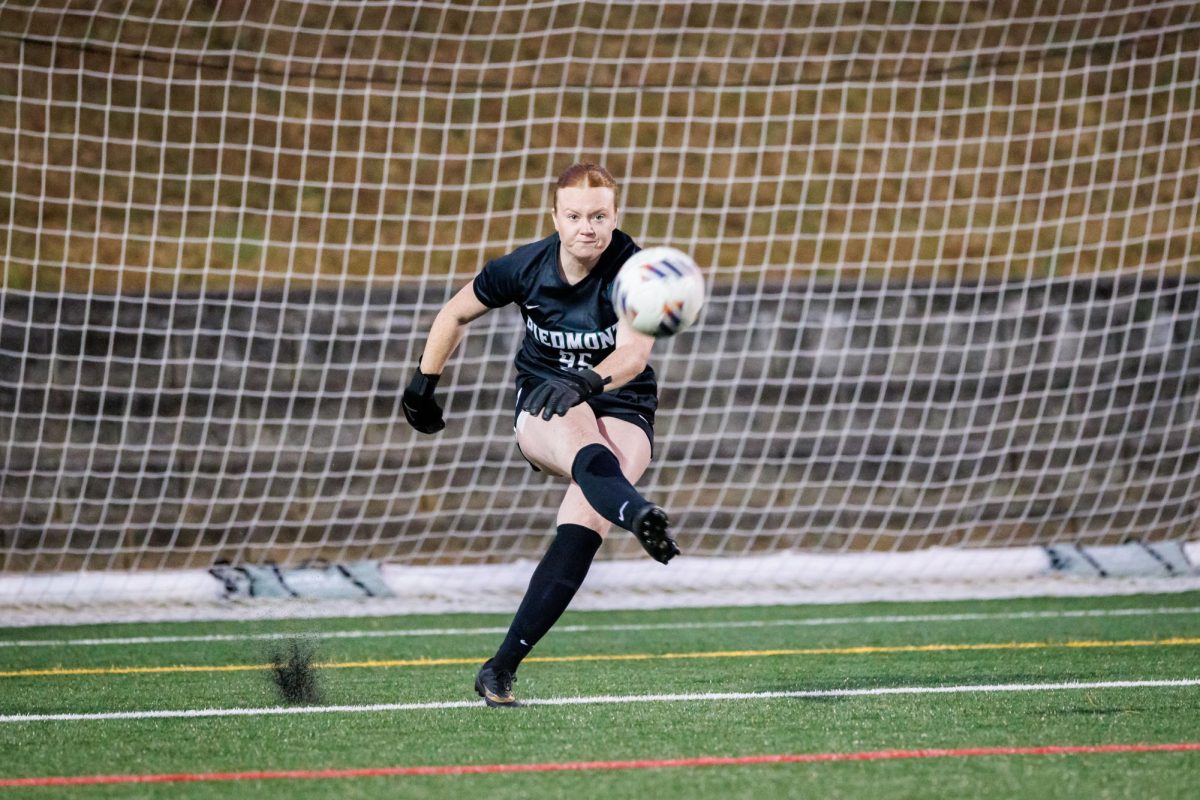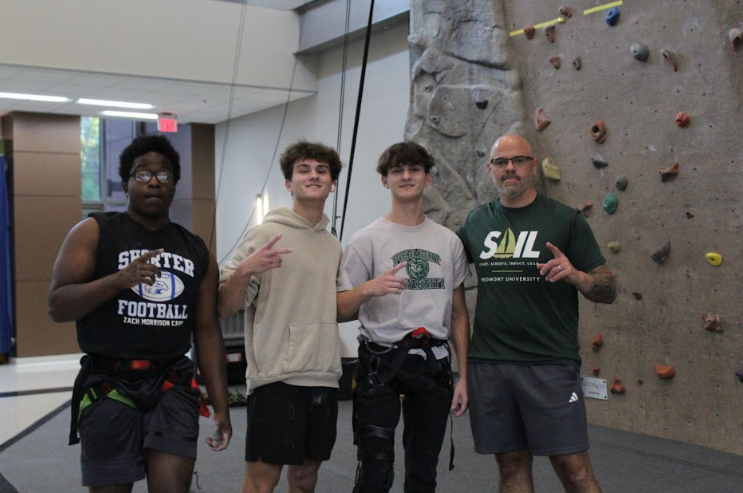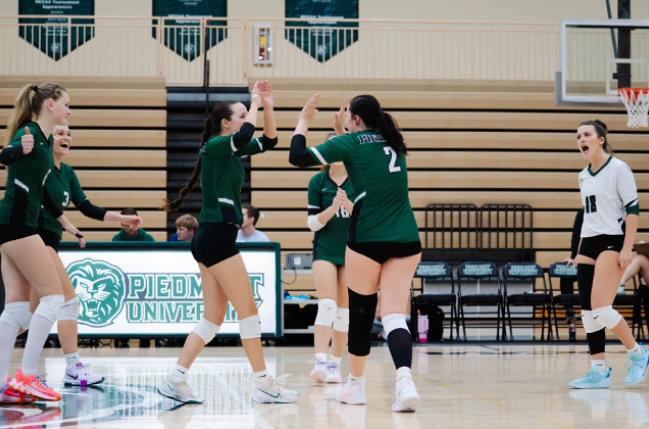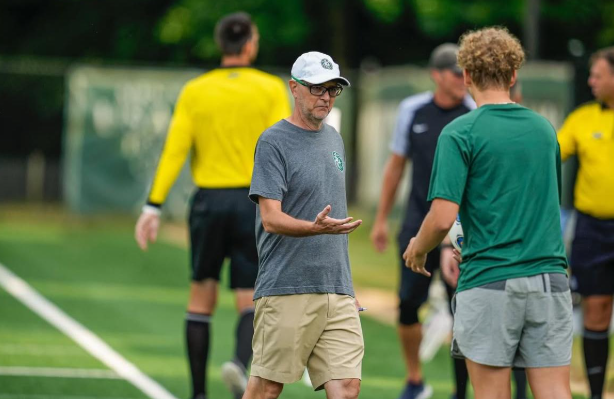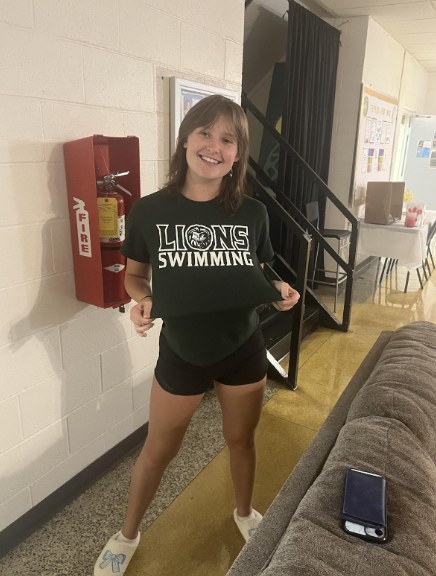Written by Hadley Cottingham, Opinions Editor
Featured photo: AVP Emily Pettit
Piedmont students have voiced that counseling services have been the source of confusion and frustration since the departure of Evonne Jones in January of this year.
When an email went out to residential students on Feb. 14 regarding Piedmont’s new telemental health program, questions among students began to arise. Around the same time, flyers appeared around campus for walk-in counseling hours, which now included the services of Associate Vice President (AVP) of Student Success, Emily Pettit. But with the open counseling position Jones left still unfilled, students wondered if finding another counselor was in the cards for Piedmont.
Former Piedmont counselor Evonne Jones and Dr. Gayle Robbins started the process of creating walk-in hours in the fall 2019 semester. The goal of these services is to offer the counseling staff the ability to steer students in the direction of the services they need. Walk-in hours were created out of a recognition that some services are needed same-day; crises can’t always be predicted. When Jones left in January, Pettit filled that open spot in the counseling services walk-in hours.
Pettit has a bachelor’s degree in psychology and a master’s in counseling, and her work in counseling fits specifically with higher education.
“My role is consulting, advising, guiding, supporting students. It has been now for 20 plus years,” Pettit says.
The difference between Pettit and Robbins? Dr. Robbins is a clinician, whose job primarily focuses on mental health diagnoses and coping mechanisms. AVP Pettit’s approach is much more general.
“The way I use my counseling degree is to […] help students in all different capacities,” Pettit said. “I’m here to support students just in general. I can handle crises and things like that.” In terms of mental health issues on campus, those fall under Dr. Robbin’s services.
“I don’t think all students need a mental health clinician for everything they want to talk about,” Pettit says. “And also, with us having a [counseling] position open, I want to do whatever I can to support a student, and I don’t want a student to not be able to see somebody even if they just need to come in and say ‘here’s what’s going on,’ and we can find the right place for them.”
Shortly after, Piedmont brought Jessica Fouts on board the counseling staff at Piedmont as a part-time counselor. Fouts will offer counseling services on Wednesdays and Thursdays.
Piedmont’s new Telemental Health Service through The Virtual Care Group (VCG)/ MDLIVE, follows the growing amount of colleges and universities that offer virtual counseling to their students. With each student’s needs being different, whether that’s the amount of counseling or scheduling conflicts, Piedmont hopes this service will give students access to the help they may need.
“Telemental Health for us is a supplement, never, ever to replace our face-to-face therapeutic services,” Pettit said.
Piedmont’s plan offers three free talk therapy sessions per semester for residential students, any sessions via VCG/MDLIVE after these three included sessions a student wants to partake in will result in an out-of-pocket fee. The MDLIVE website lists their counseling sessions as $99 per session, but VCG’s FAQs are not as black and white.
“Because your benefits are through Virtual Care Group, you will only be responsible for your outpatient mental health copay or coinsurance at the time of service, which will pre-populate in the MDLIVE system at time of payment,” VCG’s website says.
Piedmont Counseling and Campus Wellness are working towards offering more programs for student wellness, like mindfulness, meditation, reducing stress, anxiety and finding sleep solutions. But because the staff members that have the training to offer wellness programs work multiple positions at Piedmont, finding the resources to put these programs together is easier said than done.
“In a perfect world, […] we’d have both direct care services– and a better awareness and offering of– other services that may or may not be directly related to mental health,” Pettit said.
Piedmont’s counseling services were a hot topic at the Student Government Association Town Hall, where students expressed fears that VCG would take the place of a new counselor and concerns regarding the understaffed counseling department.
At the town hall, Savannah Richards, a sophomore mass communication major, asked President Mellichamp about Piedmont’s current counseling staffing. She cited the American School Counselors Association’s (ASCA) recommendation of having one counselor to every 250 students, and how, at the time, Piedmont only had one counselor to every 1,263 students.
It should be noted that the guidelines the ASCA sets forth primarily apply to K-12 schools in the United States. The International Accreditation of Counseling Services (IACS) recommends one counselor per 1,000 to 1,500 students.
“I think if you do the math, the University of Georgia, based on those numbers, would have to employ several thousand student counselors which I don’t believe, frankly, that they’re employing,” said President Mellichamp.
The University of Georgia (UGA) has a total of 29,848 undergraduate students, which means they should have around 119 counselors by ASCA standards and 20 by IACS standards.
“All I can tell you is Piedmont College meets every requirement of federal, state and external accrediting organizations and services we provide to our students,” Mellichamp said. “Now could we do better than that? Yes, but I’d like you to interpolate those numbers that you just read off to me with the University of Georgia, and verify that they have several thousand full-time counselors who work with the students there.”
The UGA health center has 20 staff members that work exclusively in the counseling department; proportionally, Piedmont and UGA have similar student-to-counselor ratios, the main difference being that UGA offers a health center with 88 other licensed healthcare professionals. With the addition of a second, part-time counselor, Piedmont gets dramatically closer to the ASCA recommendation and will exceed the IACS recommendation.
AVP Pettit urges students to come forward with feedback about their experiences with the college’s new Telemental health program, as well as concerns they have regarding counseling or any problems they experience with scheduling appointments.


